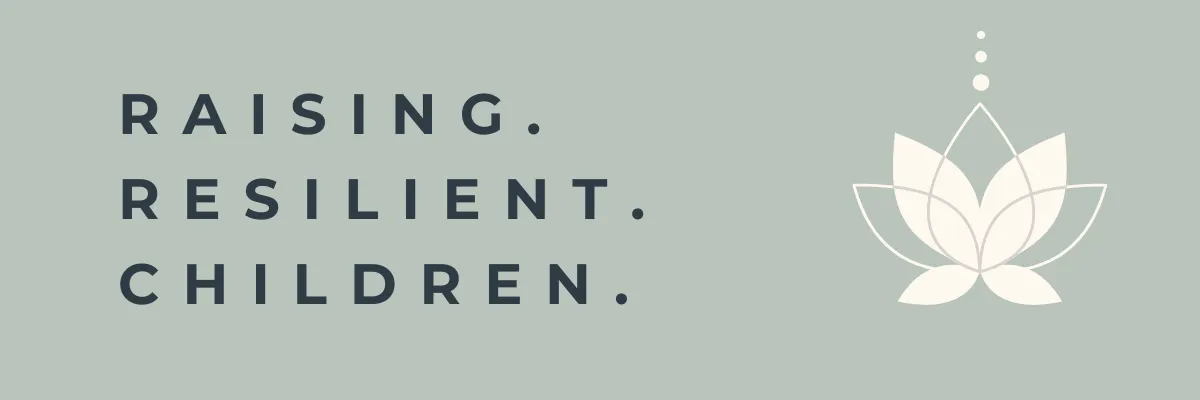
May 18 2024
Rhea Lalla
Navigating Trauma and Triggers
Key Points About Our Chat
Recognizing and understanding our trauma becomes our superpower to foster healthy relationships. Look at where in your life you get angry or triggered, this will help identify your trauma, help you better understand the root of it, then go into your body (where you store your feelings) and help you stay with and feel your uncomfortable feelings.
Families are entangled in their emotional disposition. As a parent, regulate yourself firstly when you suspect your child may be feeling an intense emotion. To attune yourself for regulation, practice naming your feelings, and then really feeling them.
Children lack the language or ability to describe and express what they’re feeling, and need questions to help them express their emotions. Share a story on how you felt in a similar situation as a kid. By modelling and using emotional language and asking questions, parents can help children feel their feelings, and dignify their feelings, and process them.
Normalize asking daily to your children, and your partner, “What can I do to have you feel more understood, loved or cared about”? Afterwards write it down, with will help you show up better the next day a bit differently, then ask again the next day for feedback.
No matter what age, there is a little child living inside all of us; the height of your intuition comes from that place. Practice regulation so that you can (yourself and your children) engage your inner child and ask them “what is it that you need right now to feel loved, safe and good”?. Make this your highest priority to integrate traumas.
Featured Freebie
Videos to address your kid, teen, client, or student’s #1 challenge.

Meet Rhea Lalla
Rhea is the Director of FutureYOU Institute, a division of GoZen! She’s been a Parenting Coach and Emotional Intelligence Specialist for over 20 years. Rhea has successfully designed and delivered EQ curriculums globally where she's worked with The United Nations, UNICEF, Mindvalley University, Children's Aid, Fortune 500 Corporations, including designing a K to 12 EQ Curriculum for parents, teachers & students.
Get your All Access Pass now for access to 20+ Video trainings from top industry experts, PLUS:
Sign up now for your All Access Pass, so you can have...
Unlimited replays of all the recordings at your fingertips in both audio and video format for 1-year.
An Action Skillbook so you can start to implement right away
Help make the most from your experience at the Raising Resilient Children Masterclass Series.